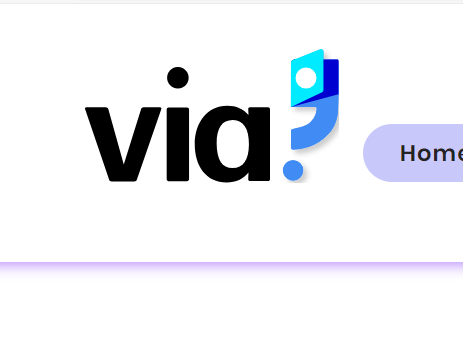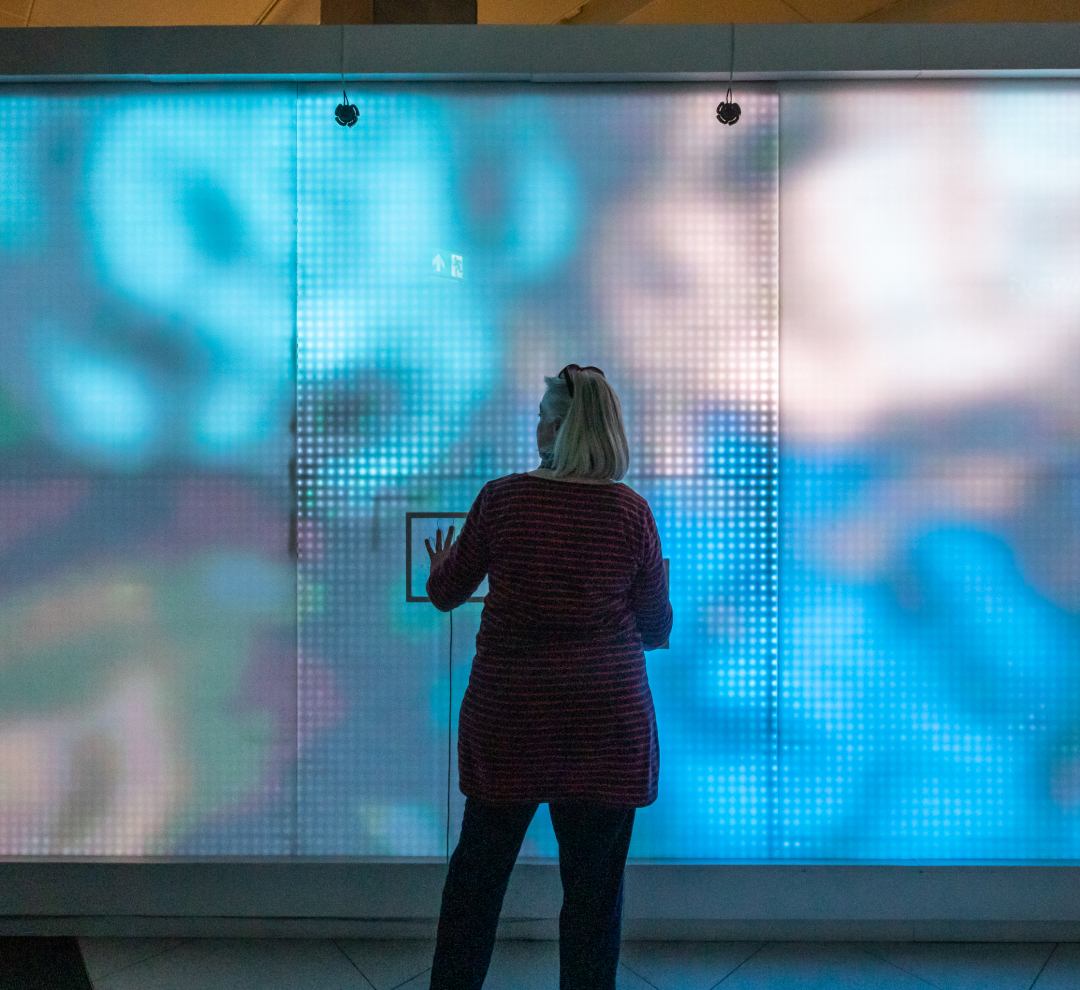Tangible steps towards fair pay for learning-disabled artists: How Lung Ha Theatre Company are shaping a more equitable future through data driven technologies
Lung Ha Theatre Company is Scotland's leading theatre company for people with learning disabilities. They work across Scotland, the UK and internationally, "proudly making fabulous theatre" to create, nurture, develop and deliver performing arts and other creative opportunities, by and with, individuals with learning disabilities. Since 1984, the company has worked with over 400 actors, created over 50 original productions, and worked with many leading artists and organisations from across Scotland’s creative industries to produce original theatre productions.
Bringing lost theatres back to life: Stuart Smith-Gordon’s Ice Cream at the Interval
During lockdown in 2020, whilst theatres across the world were shuttered, Stuart Smith-Gordon decided to progress his existing business, Ice Cream at the Interval – which, up until that point, had been focused on illustrating and paper engineering model theatres with a proportion of sales going back to theatre charities – into connecting a variety of data sets which existed within the theatre buildings he had previously explored.
In their own words: How Studio Caspar developed diverse, audience-led data insight
Studio Caspar is a company that specialises in community engagement and data driven design. Led by community artist Caspar J Wilson, the studio has both worked on a Challenge Project with the Fruitmarket Gallery addressing how audience diversity is monitored and audience data is used.
Making the pivot: How Datagestive went from data visualisation designer to investigative data journalist
Datagestive is a research and data visualisation consultancy, run by Petra Matijevic, which explores the opportunities of digital technology for social inclusion and social participation. Petra’s practice stems from her worrying observation that the potential for greater democracy afforded to citizens by the wealth of open data is being primarily captured by businesses with specialist skills of obtaining information and economic value from the data, leaving underrepresented communities out in the cold.
Taking accessibility to the next level: How VIA is enabling arts and culture providers to nurture more diverse audiences
Stephanie Wilson worked to develop VIA (Visible Inclusive Accessibility), a platform and service which would act as a ‘one stop shop’ to provide venues and event organisers with tools to make their spaces and activities more inclusive for a range of audiences, initially in the arts and culture sector.





